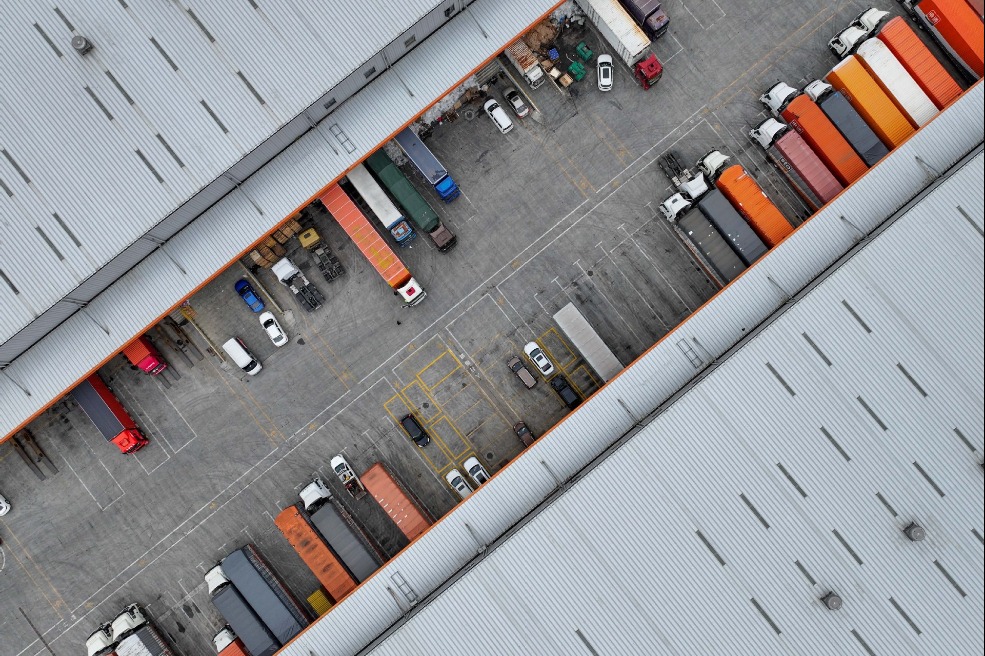Britain's economic growth slows to 0.1 pct in Q3

LONDON - Britain's economy saw a further slowdown in the third quarter (Q3) of 2025, with the real gross domestic product (GDP) only edging up by 0.1 percent, estimates from the Office for National Statistics (ONS) showed Thursday.
This figure was lower than the 0.3-percent growth seen in the second quarter, and a sharp contraction compared to a 0.7-percent expansion in the first quarter of this year.
During the July to September period, Britain's economic growth in output terms was driven by increases of 0.2 percent in the services sector and 0.1 percent in the construction sector, while the production sector contracted by 0.5 percent during this period, according to the ONS.
"Services were the main contributor to growth in the latest quarter, with business rental and leasing, live events and retail performing well, partially offset by falls in R&D and hair and beauty salons," said Liz McKeown, director of economic statistics at the ONS.
"Across the quarter as a whole manufacturing drove the weakness in production," she said, noting a particularly marked fall in car production in September, as well as a decline in the pharmaceutical industry.
"With a backdrop of weak business and investment confidence, sluggish Q3 growth of just 0.1 percent is unsurprising," said Stuart Morrison, research manager at the British Chambers of Commerce.
Anna Leach, chief economist at the Institute of Directors, commented that underlying momentum remains weak, with last year's cost increases for businesses, a weakening labor market and soft growth in real wages bearing down on both consumer and business spending.
According to Thursday's data, the country's real GDP per head has shown no growth in the third quarter. Leach said this underscored "the lack of real improvement in living standards."
In September alone, Britain's GDP fell by 0.1 percent, following a revised no growth in August and an unrevised fall of 0.1 percent in July, the ONS also said. Production output dropped by 2 percent in September, it added, mainly due to a decline in manufacturing of motor vehicles, trailers and semi-trailers.

































